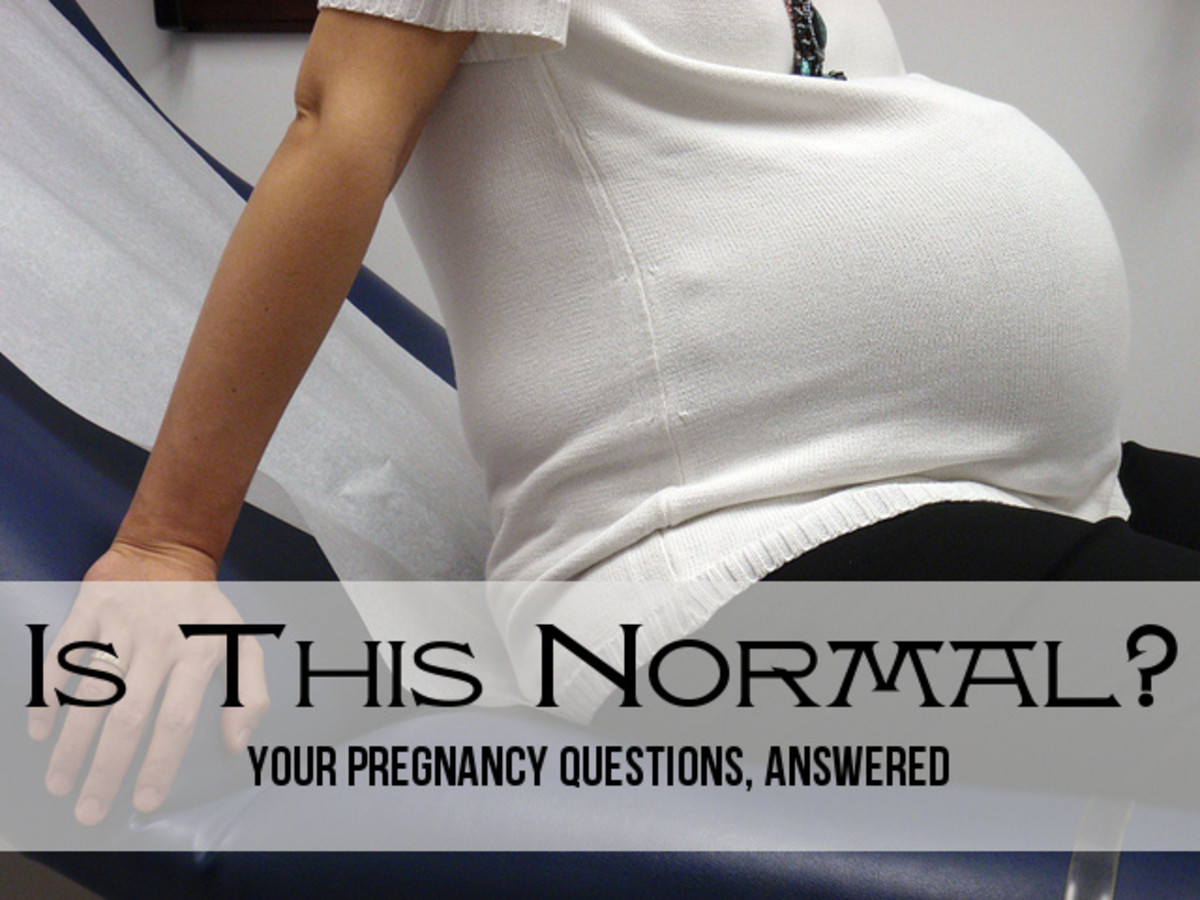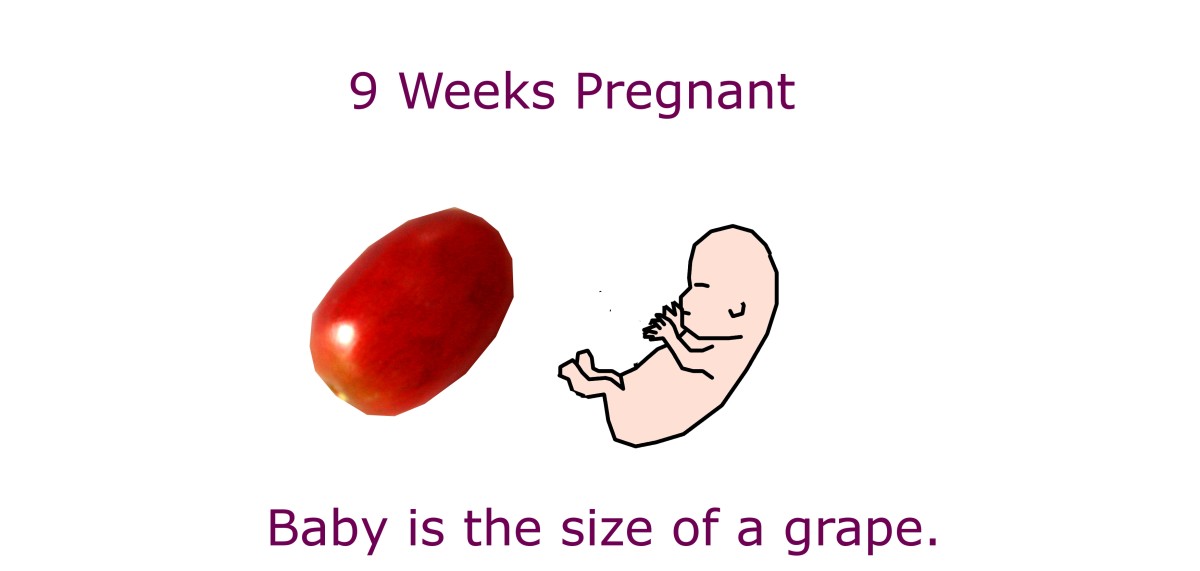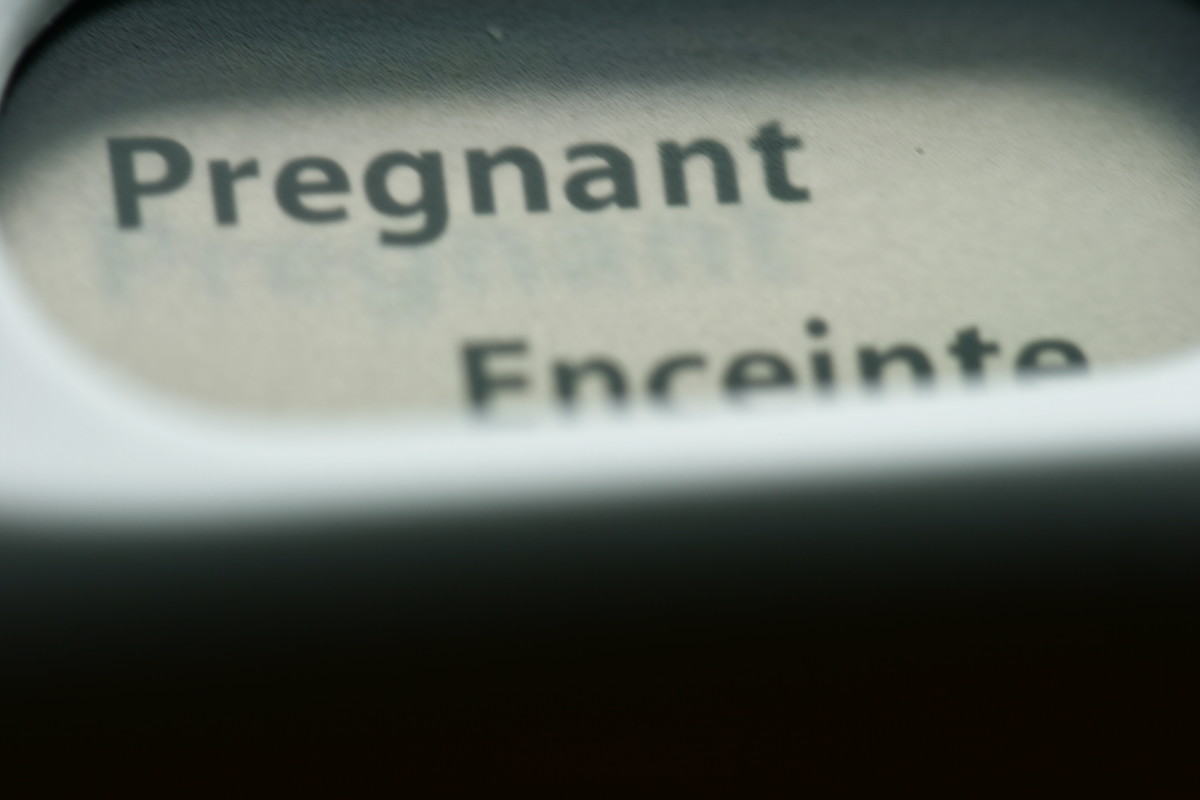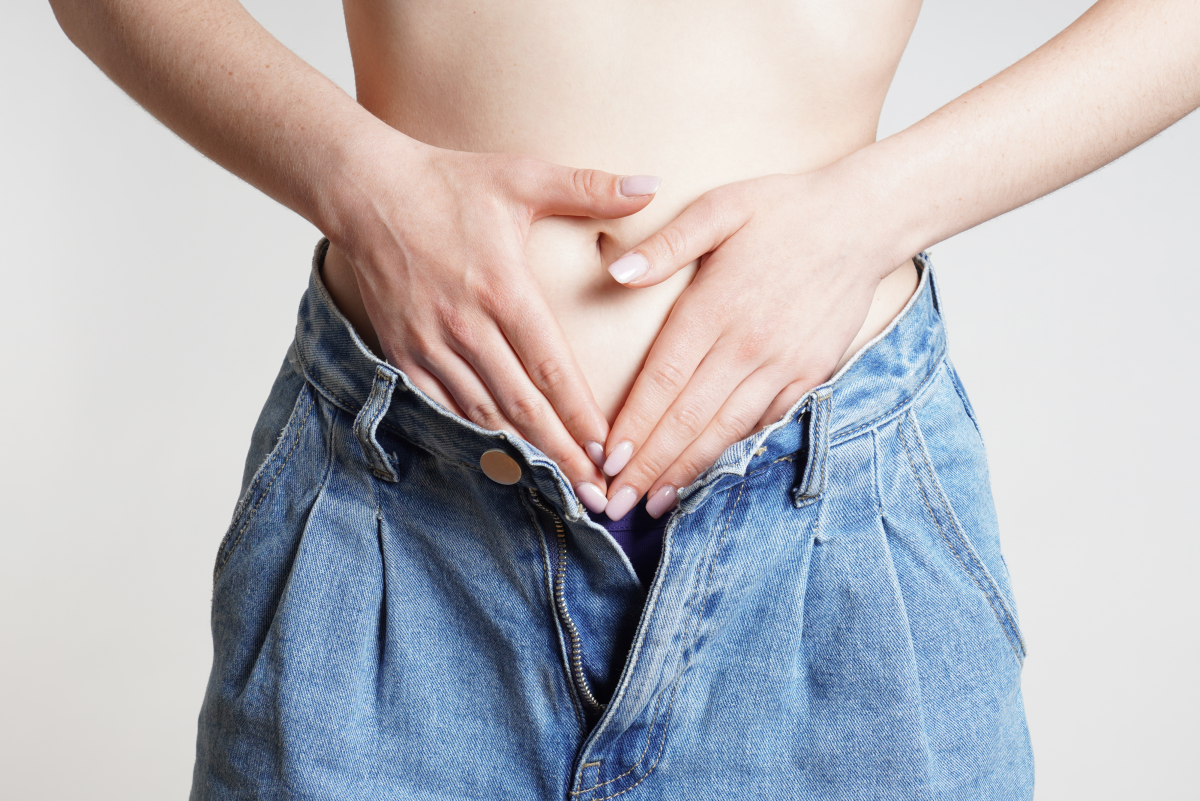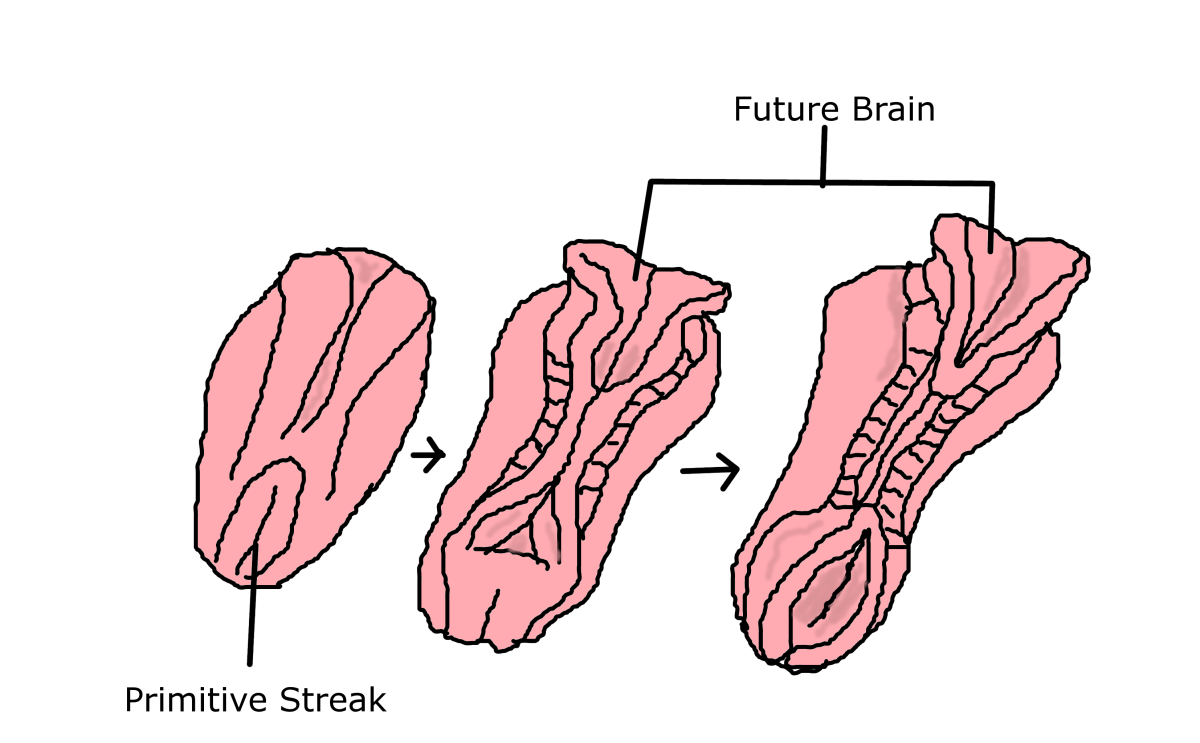- HubPages»
- Health»
- Women's Health»
- Pregnancy
Pregnancy Symptoms & Relief: Part I
Many women have marvelous images of pregnancy in their heads, prior to conceiving. Rounded bellies, little kicks, glowing complexions - few actually consider the more annoying and inconvenient side of pregnancy. Yes pregnancy does indeed have it's fair share of beautiful moments that you'll want to hang onto and cherish forever. But it also has plenty of less than stellar symptoms that will have you eager to get it over with.
Pregnancy has numerous symptoms. Some you might have expected, some you might not have. Some you probably never even knew existed. There's a bright side, for many of the common symptoms, there's also common and simple ways to relieve them. Many women experience the most symptoms during the first and third trimesters. This hub is the first of a series of hubs that will explore the most common symptoms of pregnancy and help you find ways to relieve them.
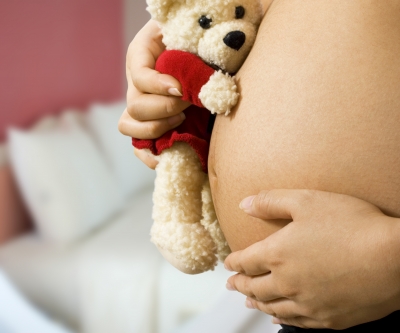
Fatigue
This is a common occurrence in both the first and third trimester. Fatigue happens for different reasons in both trimesters. In the first, fatigue occurs because most of your body's energy is spent on creating a life support system for your baby. In the third, your ever growing baby puts more demands on your body; basically it's not easy carrying around all that extra weight! Other causes of fatigue include; a lack of sleep due to discomfort and your rapidly changing moods.
Relief for Fatigue:
Rest - Listen
to your body. Try and pace yourself when you're doing your daily
activities and don't be afraid to skip a few chores. If you're tired,
rest, simple as that.
Ask for help
- Don't be afraid to ask your family, friends or spouse for a little
extra help. Don't worry about your manners; if someone asks if you need
help, the answer is always yes.
Get more sleep - This may
seem like a no-brainer, but many women (including me) need to be told
this. Either go to bed earlier, stay in bed later or take several naps
throughout your day, if possible. If you always feel sleepy, than make
time for sleep!
Eat right; Eat often - Food is your fuel.
You need a steady supply of it to keep going throughout your day. Make a
point to eat more energy boosters, such as protein and carbohydrates.
You also need to consume enough calories throughout your day. Pregnant
women typically only need about 200-300 more calories than other women.
Don't use quick fixes like caffeine and sugar either; can you say crash landing?
Light exercise
- The right pregnancy exercises can make all the difference when you're
feeling fatigued. A brisk walk can boost your energy and boost your
mood (thanks to endorphins). Exercise also helps you sleep better at
night.

Morning Sickness
Morning sickness is a nauseous, queasy feeling that can lead to vomiting. It can occur any time of day, despite the name. This symptom is most common in the first trimester. There are many factors that can cause this symptom, though, it is most commonly associated with the imbalance of your hormones during pregnancy. Food aversions, heightened sense of smell and stress are other factors that can cause the queasiness.
Relief for Morning Sickness:
Sour candy - Surprisingly, sour candy helps ease the
queasiness. So much so that stores like Babies R Us put out a product
called preggy pops. However any sour candy will work.
Carbs & Protein - Again eating a balanced diet which includes carbs and protein will help keep the nausea at bay.
Appealing foods
- You're probably thinking, "well duh". This is another one of those
things some expectant mothers need to be told. It's okay to give into
your cravings and avoid your aversions. Anything that triggers a feeling
of nauseousness should be avoided. Remember, your food choices become
more important later in the pregnancy. For now, in the first trimester,
don't worry too much.
Eat just enough - An empty stomach
will cause nauseousness due to the acids nibbling at your lining.
Overeating makes you feel over-full which can cause some stomach
turning. Eating about six to eight small meals a day, instead of three
big meals, can help avoid both sensations of emptiness and overly full.
Eat in bed
- Before you go to bed and after you wake be sure to nibble on a little
something. Keep you bedside table filled with snacks like crackers or
trail mix. This will help you avoid feeling empty in the morning and
stop the queasiness before it starts. Even having a cracker at night
when you wake up to pee will help your morning sickness.
Liquids
- Apart from the obvious, drinking water to stay hydrated, try getting
your nutrients through liquids rather than solids. Eating soup or
drinking smoothies may be easier to keep down than a sandwich.
Ginger
- Eating foods containing ginger is known to help put a leash on your
nausea. Try stocking up on things like ginger snaps, ginger ale, ginger
candies or other ginger drinks.
Prenatal vitamins - Try
taking your vitamins in the evening instead of the mornings. Take it
with or after eating a meal, instead of on an empty stomach. And see
about getting coated or chewable ones. If that's not possible, coat it
yourself with your favorite ice cream. I found that this significantly
reduced my morning sickness.

Breast Changes
This is common all throughout your pregnancy, though you may get a little break during your second trimester, as with many other symptoms. Beginning early on, your breasts will begin to get larger, super sensitive and tender. This in large part is because of the increasing combination of estrogen and progesterone There's also fat building up in your breasts as well as increased blood flow in preparation for breastfeeding.Other changes that will occur will be aching and tingling of the nipples, the darkening of your areolas, your areolas may become spotted or larger and you may notice a small network of veins just under the skin.
Relief for Breast Tenderness or Soreness:
Awareness
- Be sure to tell your partner about the tenderness before proceeding
to engage in intercourse or even just simple hugging. Letting him know
what and how to touch is key in preventing further soreness.
Good bras
- Consider buying a good bra. This can help prevent stretching and
sagging later. It should also help relieve any heaviness that's causing
your breasts to ache.
Bras for bedtime -
Wearing a cotton sports bra to bed will help support your breasts at
night giving you more comfort and a better night's sleep.

More Hubs on Pregnancy & Parenting
Abdominal Aches & Pains
This is also known as Round Ligament Pain.These are more or less growing pains from your growing uterus which stretches the surrounding ligaments. They are usually felt as aches or sharp pains on one or both sides of your abdomen. This symptom can persist throughout your pregnancy, though it can be worse in one trimester more than another. Increased blood flow is also a key player in causing abdominal aches and pains. As long as there's no other symptoms, like fever or chills, accompanying the abdominal pains there's nothing to worry about. These pains should only occur occasionally, though they can be brief or persist for hours.
Relief for Abdominal Aches & Pains:
Rest
- If you're feeling discomfort, it might be due to too much activity.
Consider having a little break if you begin to feel some aches in pains
in your stomach.
Shift positions - This
works at night time when you're trying to sleep. Sometimes a simple
change in positions can bring relief to your aches and pains.
Lay down - Lying down can bring relief to your abdominal pains pretty quickly, especially if you've been on your feet for a long time.
Warm compresses or bottles
- Many women advise against the use of heat to relieve stomach pains
during pregnancy, however, I found that it works and did no harm to my
baby. My husband gave me warm rags and bottles filled with warm water to
rest against my stomach. It relieved my pain steadily.
Contact your doctor
- If the pain is severe and persistent call your doctor. This can be
something more serious than round ligament pain. Tell your doctor
exactly what you're feeling and see what he or she has to say about it.

Bloating
The swelling of your abdomen is quite common in the first trimester of pregnancy. This bloating is caused by the hormone progesterone, which is essential to a healthy pregnancy. Progesterone slows down the digestive tract giving the nutrients you consume more time to enter the blood stream. This causes symptoms like bloating and gas. This symptom is likely to get worse as your uterus grows.
Relief for Bloating:
Eat right
- Eating right and drinking lots of water will help you to reduce your
chances of bloating. It can also also reduce your chances of being
constipated which can cause bloating.
Smaller meals
- Eating smaller meals will help you digest a little easier. Try six
small meals instead of three large meals. Easing the strain on your
digestive system can help reduce, or relieve bloating.
Eat slower
- Eating too quickly causes you to swallow air, which will cause gas
pockets in your belly. Chew your food thoroughly and then swallow. This
will also help ease the strain on your digestive system.
Relax
- Tension also causes the swallowing of air. Try not to get stressed.
Relax yourself and avoid topics that push your stress buttons.
Avoid gassy foods
- Avoid fried foods and gassy foods like cabbage, beans and onions.
Also avoid anything you normally can't eat. Everyone's digestive system
is different and being pregnant doesn't always mean you can magically
eat things you couldn't before.
Skylar Spring © copyright 2011

